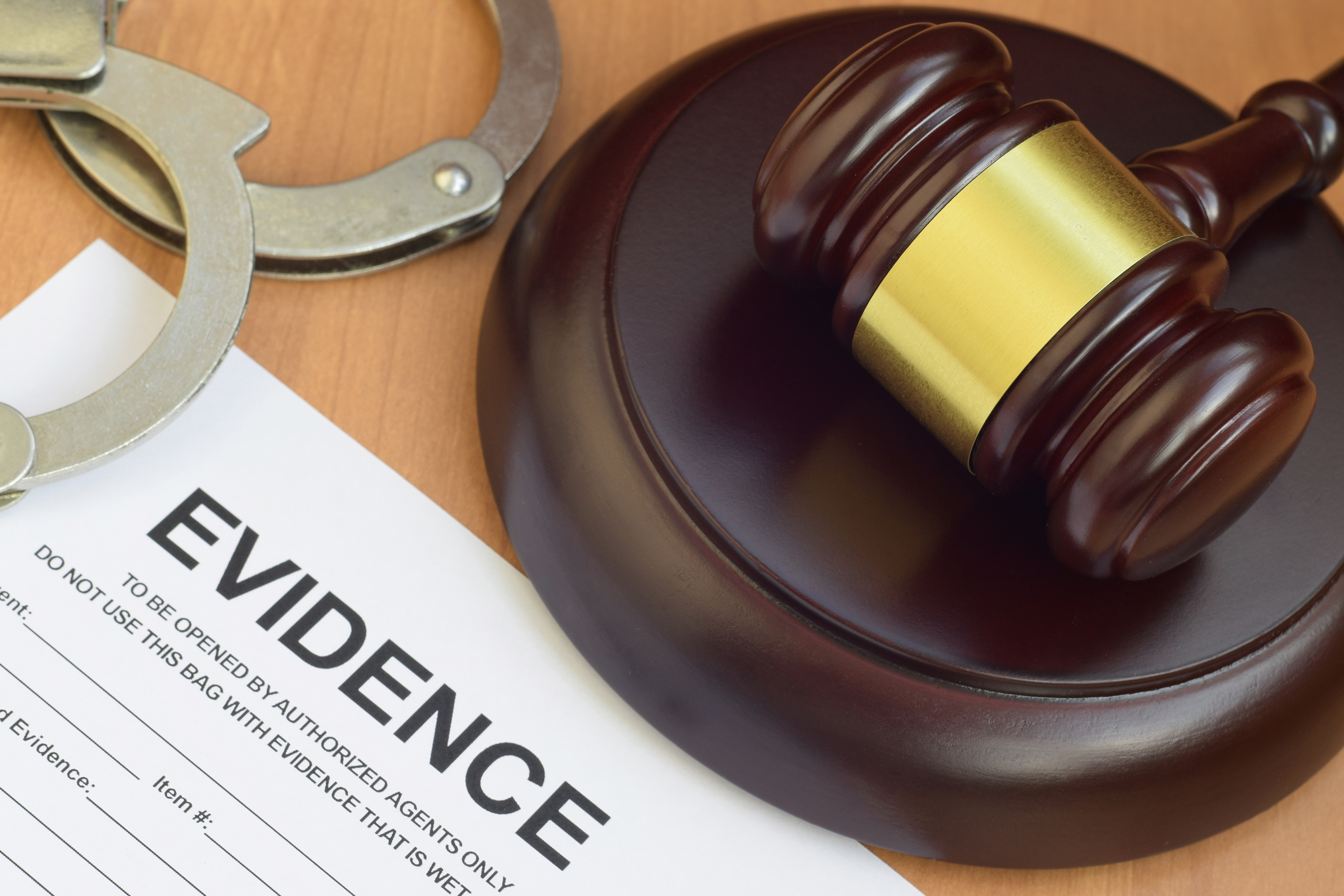“Mandated Reporters” in California

In the vast landscape of California’s legal framework, the role of “Mandated Reporters” stands out as a critical line of defense for the vulnerable. These individuals, bound by both duty and law, serve as the state’s vigilant eyes, ensuring the safety of those most susceptible to harm. Whether it’s a child facing potential neglect, an elder enduring mistreatment, or any at-risk individual in between, Mandated Reporters are legally required to sound the alarm. In this concise 5-minute guide, we will delve into the responsibilities, implications, and significance of being a Mandated Reporter in the Golden State, offering clarity in a domain where understanding is not just beneficial—it’s imperative.
Mandatory Reporting in California

Legal Definition of Mandatory Reporting
Supporting Bullet Points:
- A statutory obligation for specific individuals or professions to report suspected cases of abuse or neglect.
- Aimed at identifying and preventing harm to vulnerable populations, including children, elders, and dependent adults.
California’s Mandated Reporting Law

Supporting Bullet Points:
- Part of the Child Abuse and Neglect Reporting Act (CANRA).
- Outlines the duties of mandated reporters in reporting suspected child abuse or neglect.
- Specifies the entities where such reports should be made.
What are ‘Mandated Reporters’ in California?
Supporting Bullet Points:
- Professionals who have regular contact with vulnerable populations.
- Includes teachers, doctors, social workers, law enforcement personnel, and more.
- Required by law to report any suspicion of abuse or neglect.
Understanding Abuse and Neglect

What is Considered Child Abuse or Neglect?
Supporting Bullet Points:
- Physical harm or injury to a child.
- Sexual abuse or exploitation.
- Emotional maltreatment.
- Negligent treatment leads to harm or risk of harm.
Abuse and Neglect under CANRA (Child Abuse and Neglect Reporting Act)

Supporting Bullet Points:
- Detailed definitions of different forms of child abuse and neglect.
- Guidelines on when and how to report.
- Reporting forms and timelines.
Abuse and Neglect under California’s Penal Code
Supporting Bullet Points:
- Legal provisions and penalties related to abuse and neglect.
- Distinction between misdemeanor and felony offenses.
Elder Abuse
Supporting Bullet Points:
- Physical, emotional, or financial mistreatment of individuals aged 65 or older.
- Mandatory reporting requirements for professionals in contact with senior individuals.
Responsibilities and Consequences

Responsibilities of California-Mandated Reporters
Supporting Bullet Points:
- To remain vigilant and aware of signs of abuse or neglect.
- To report suspicions promptly to designated agencies.
- To provide necessary details and documentation.
Report Suspected Child Abuse

Supporting Bullet Points:
- Use of specific forms and channels.
- Immediate reporting in urgent cases.
- Importance of confidentiality and protection for the reporter.
Consequences of Not Reporting under CANRA
Supporting Bullet Points:
- Legal penalties, including fines and possible imprisonment.
- Professional consequences, including loss of license or certification.
Who Bears the Reporting Responsibility?
Supporting Bullet Points:
- Professionals are designated due to their frequent interactions with vulnerable groups.
- The list includes teachers, medical professionals, police officers, and social workers, among others.
- California’s legal framework enforces their duty to report.
Child vs. Elder Abuse: Identifying the Differences
Supporting Bullet Points:
- Child abuse categories: physical harm, sexual misconduct, emotional harm, and neglect.
- Elder abuse variations: physical harm, emotional distress, financial deceit, and abandonment.
- Separate reporting guidelines, though both demand urgent action.
The Precision of ‘Reasonable Cause
Supporting Bullet Points:
- Defined by one’s professional training, personal observations, and overall experience.
- Doesn’t demand absolute proof; a grounded suspicion suffices.
- Encourages preemptive action over definitive certainty.
Facing the Repercussions: Consequences of Silence
Supporting Bullet Points:
- Legal ramifications can include jail time and monetary fines.
- Potential professional fallout, including revocation of licenses or certifications.
- The ethical obligation to safeguard those at risk.
Digital Dangers: Addressing Online Exploitation
Supporting Bullet Points:
- The emergence of online harassment and digital exploitation.
- Tech corporations’ initiatives to monitor and counter harmful content.
- Upsurge in public campaigns educating against online risks.
Understanding the Reporting Process: From Identification to Documentation
Supporting Bullet Points:
- Steps: discerning abuse indicators, gathering evidence and witness accounts, and confidential reporting to the appropriate entities.
- Ensuring report confidentiality.
- Routing to the pertinent authorities for action.
Empowering the Young: Children’s Rights and Education
Supporting Bullet Points:
- Integration of rights and safety education in school curricula.
- Community workshops focusing on empowerment and safety.
- Tools to help children recognize and voice out against malicious intents.
Additional Resources

Reasonable Cause in Reporting

Supporting Bullet Points:
- How to determine if there’s a ‘reasonable cause’ to suspect abuse.
- Guidelines and examples to assist in decision-making.
FAQs

Question:
Who is considered a ‘Mandated Reporter’ in California?
A: Mandated Reporters in California are professionals like teachers, doctors, law enforcement personnel, and social workers who have a legal duty to report suspicions of abuse or neglect due to their regular contact with vulnerable populations.
Question:
What happens if I suspect abuse but don’t report it?
A: Failing to report suspected abuse or neglect can lead to legal penalties, including fines and potential imprisonment. There may also be professional consequences such as losing a license or certification.
Question:
How do I know if there’s ‘reasonable cause’ to report abuse?
A: ‘Reasonable cause’ is when, based on your observations, training, and experience, you believe that abuse or neglect might have occurred. It’s better to report if you’re uncertain; the safety of the individual is paramount.
Question:
Is elder abuse treated the same way as child abuse in California?
A: While both are severe offenses, they are treated under different provisions. However, there’s a mandatory reporting requirement for both.
Question:
Are my reports confidential?
A: Yes, mandated reporters’ identities are kept confidential and are protected by law, except in certain legal cases where the court might require disclosure.
Question:
How has mandated reporting changed over the years?
A: Mandated reporting has evolved considerably, influenced by societal changes, technological advancements, and legislative shifts, leading to more comprehensive and streamlined processes.
Question:
What’s being done to counter online abuse?
A: Efforts include monitoring by tech companies, stricter legal penalties, and increased public awareness campaigns about the dangers of online exploitation.
Question:
What does a typical abuse report consist of?
A: A report usually involves initial identification of abuse, thorough documentation, including evidence and witness statements, and is channeled to the proper authorities while ensuring confidentiality.
Question:
Are there any protections for mandated reporters?
A: Yes, there are various legal protections in place, as well as resources and support systems to help mandated reporters handle the challenges of their role.
Question:
How are children educated about their rights and safety?
A: Through school-based programs, workshops, and community initiatives that teach them about safety, their rights, and how to voice concerns.
Question:
Are there any recent changes in laws related to reporting?
A: Yes, laws undergo periodic reviews and amendments to address challenges, feedback, and the changing societal landscape, ensuring they remain effective and relevant.
Question:
Who falls under the ‘Mandated Reporter’ category in California?
A: Professionals like educators, healthcare workers, and police officers, who due to their roles, have regular interactions with potentially at-risk individuals.
Question:
How does ‘reasonable cause’ differ from concrete proof?
A: ‘Reasonable cause’ stems from genuine suspicion, based on one’s professional background and observations, whereas concrete proof requires tangible evidence.
Question:
What role has technology played in the context of abuse?
A: Digital advancements have led to challenges like cyberbullying but have also facilitated improved monitoring, reporting, and awareness against such threats.
Question:
Should I report even if uncertain about abuse?
A: It’s always better to err on the side of caution. Report if you have any inklings. Authorities will assess the situation further.
Question:
How does the system ensure reporter confidentiality?
A: Mandated reporter identities are protected by law, ensuring their safety and anonymity, barring rare exceptions in the legal system.
Question:
Are there innovative resources available for children’s rights education?
A: Yes, numerous school programs, digital applications, and community initiatives are continually being developed to empower children about their rights and safety.
Question:
Have there been recent significant changes to mandated reporting laws?
A: Reporting laws are periodically revised to reflect societal changes, technological growth, and new challenges, ensuring they remain effective.
Related Terms:
mandatory reporters, local law enforcement agency, report child maltreatment, elder or dependent adults, elder or dependent adult, suspect child abuse, full or intermittent responsibility, emotional abuse, child maltreatment, dependent adult, mandatory reporting law, dependent adult care custodian, California child abuse, medical professionals, public or private facility, county welfare department, reporting abuse, domestic abuse, intermittent responsibility, child pornography, mental health, legal consequences, state law, frequent contact, certain professionals,
California penal code,
police officers, physical injury, Virgin Islands designate professions, protect children, suspected instances, other legal proceedings, disabled adults, psychological harm, person receives compensation, legal proceedings, county jail, report cases, police department, up to one year, term mandated reporter, proper authorities, health practitioner, considered mandated reporters, great bodily injury, private facility, mandatory reporter, good faith, social worker, commercial film, required to report, photographic print processors.













